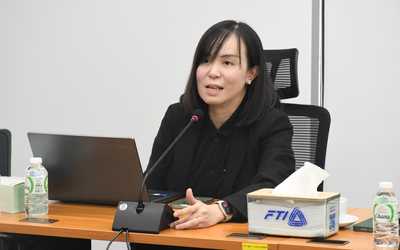Determinants, Wage Inequality, and Occupational Risk Exposure of Informal Workers: A Comprehensive Analysis With the Case Study of Thailand
Abstract
This study provides a comprehensive analysis of informal workers in Thailand by utilising the 2006–2019 Thai Informal Employment Survey data. The estimated results reveal the adverse effects of informal employment on workers' economic and social conditions as follows: 1) the wages gap working against informal employment, confirming that informal employment is not a choice but rather an unavoidable constraint (Oaxaca-Blinder decomposition), 2) a negative relationship between informal employment and wages, particularly among workers in the lowest tail of the wage distribution (quantile regression), and 3) a positive association between informal employment and occupational risks, particularly injury with high severity (logit and probit models). Therefore, policies to smooth informal workers' mobility to the formal sector is crucial. Furthermore, the analyses manifest the importance of schooling in reducing the tendency to work in the informal sector, narrowing the wages gap, and lowering occupational risks and injury severity. However, the estimated results from the pseudo-panel fixed effects regression show no relationship between schooling and informal workers' wages but a positive relationship between their wages and working experience. Thus, policymakers may adopt schooling-related policies to improve informal workers' welfares and mobility to the formal sector. On the other hand, to help workers who inevitably remain in the informal sector, the government may resort to policies regarding working experience, e.g. on-the-job training programmes, to help informal workers earn more wages and, in turn, become less vulnerable.








